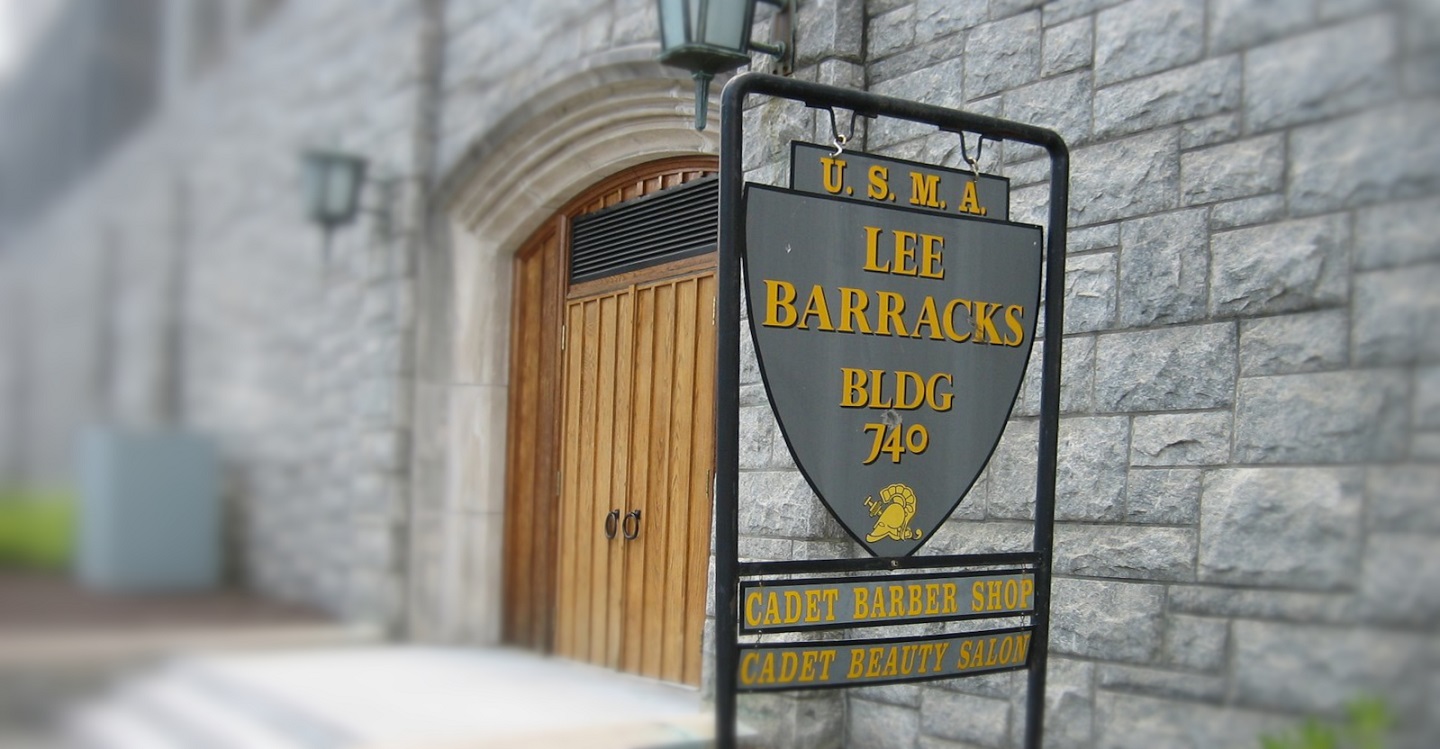
On 5 February, 2021, newly-confirmed Secretary of Defense Lloyd Austin directed military leaders to lead a one-day stand-down within the next 60 days to address extremism within the nation’s armed forces. That same afternoon our Editor-In Chief, Jacqueline Whitt sat down with Ty Seidule in the virtual studio to record this episode. Seidule, a prominent figure in the conversation about extremism, has long fought against the veneration of Robert E. Lee and the Confederate cause in the Army, specifically at the United States Military Academy. His 2015 video on Prager University, “Was the Civil War About Slavery?” has been viewed over 34 million times. And his newest book Robert E. Lee and Me is drawing both praise and anger. Their discussion ranges from his childhood in the south to his time at West Point as the Head of the Department of History, and what he’s been doing since his retirement as a brigadier general in 2020.
I grew up in Northern Virginia in an outpost of Southern patrimony, in a way, believing that Lee was a great southern gentleman
Podcast: Download
Subscribe: Android | Email | RSS
Ty Seidule is Professor Emeritus of History at West Point where he taught for two decades. He served in the U.S. Army for thirty-six years, retiring as a brigadier general in 2020. He is the Chamberlain Fellow at Hamilton College as well as a New America Fellow. Ty graduated from Washington and Lee University and holds a PhD from the Ohio State University. He is the author of Robert E. Lee and Me. Jacqueline E. Whitt is an Associate Professor of Strategy at the U.S. Army War College and the Editor-in-Chief of WAR ROOM. The views expressed in this presentation are those of the speakers and do not necessarily reflect those of the U.S. Army War College, U.S. Army, or Department of Defense.
Photo Description: Building identification sign outside Lee Barracks Bldg 740, United States Military Academy.
Photo Credit: Photographer unknown





From our item above:
“JW: I mean that story is so powerful. It reminds me too of a General Martin Dempsey when he
was the Chairman of the Joint Chiefs who said, winning arguments isn’t about who has the best
facts, it’s who has the best context. And when you walk in a room, you better have the best
context. And of course, we want facts to matter. As historians, facts matter a lot, what really
happened, but we understand that we have to put those into these broader narratives and to, like
you said, wrestle with myth and identity. In the process of writing the book, were there things
that you discovered for the first time or rediscovered that were important to you?”
With regard to this such thought, let us look at a “context” that I have offered recently (see the War Room Blog post “The Role of Retired Senior Officers”); in that case, to explain how certain of the difficulties that we are facing today, how these such difficulties seem to relate to the “national security” requirement to enact political, economic, social and/or value “change.” (Much as was the case with the United States in the 1860s?):
“1. The Context Today:
‘The new market-states are transforming themselves by replacing economies and cultures that were formed by the Industrial Revolution with new forms arising from the Information Revolution. The latter promotes the creation and use of knowledge, just as industrial machines enhanced the use of physical power and production.’
(See Philip Bobbitt’s ‘The Shield of Achilles: War, Peace and the Course of History,’ with a foreword by Sir Michael Howard, in Chapter 12: ‘Strategy and the Market-State,’ in the section therein entitled ‘Strategy and the Entrepreneurial Market-State: Policies.’) …
2. The Somewhat Similar Context Yesterday — in this case, in Andrew Jackson’s time:
‘Jacksonians drew their support from Northern laborers and yeoman farmers in the South and in the West. These groups, which Jackson dubbed the ‘bone and sinew of America,’ worried that the market economy would force them into the dependent class. The Jacksonians told the farmers and the laborers that they would do everything in their power to prevent this from taking place. In essence, the men and their rank and file voting allies, along with Jackson, fought a rear-guard action against encroaching industrialization and market economy. Although they won the pivotal battles, they lost the war, because their notion of a pre-capitalist agrarian society succumbed to the industrial economy after the Civil War.’
(See the ‘Encyclopedia of U.S. Political History’ by Andrew Robertson, et al., and the section therein entitled ‘Jacksonian Democracy,’ Page 194.)”
As we all know Japan — also in the 1860’s — fought wars against its own people (for example the Boshin War); in this case also, in the name of national security-required modernization “change.”
In this regard (but not exclusive to this period), consider the following from the book “The Nobility of Failure: Tragic Heroes in the History of Japan” (see the Introduction) by Ivan Morris:
“There is another type of hero in the complex Japanese tradition, a man whose career usually belongs to a period of unrest and warfare and represents the very antithesis of an ethos of accomplishment. He is the man whose single-minded sincerity will not allow him to make the maneuvers and the compromises that are so often needed for mundane success. During the early years his courage and verve may propel him rapidly upwards, but he is wedded to the losing side and will ineluctably be cast down. Flinging himself after his painful destiny, he defies the dictates of convention and common sense, until eventually he is worsted by his enemy, the ‘successful survivor,’ who by his ruthlessly realistic politics manages to impose a new, more stable order on the world. …”
Bottom Line Question — Based on the Above:
Given “The Nobility of Failure: Tragic Heroes in the History of Japan” thoughts by author Ivan Morris above, might we say that:
a. In the “clash of civilizations” which occurs at various times in a nation’s history (for example, in periods of national security-required “modernization” and “change”),
b. The determination and idolization of “heroes and causes” — not only in one’s own country but indeed elsewhere in the world — these are often not the exclusive purview of the modernizing “winners?”
(Some shared reverence and respect — for both winners and losers [and their causes] in such conflicts — being a more common occurrence?)
Do students at the Army War College or West Point study the tactics that R. E. Lee or Stonewall Jackson used during the Civil War?